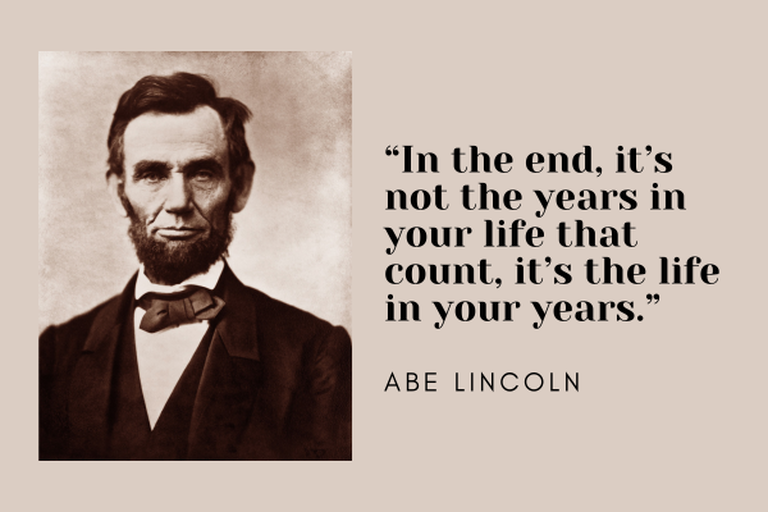|
Writing your own obituary can be a reflective and meaningful exercise. While it may seem unconventional, it allows you to consider the aspects of your life that are most important to you and how you would like to be remembered. Here are some steps to guide you through the process: Reflect on your life Take some time to reflect on your life, considering significant events, accomplishments, relationships, and the values that have shaped you. Put some thought into the legacy you wish to leave. Consider your impact Think about the impact you've had on others and the contributions you've made to your community, family, or the world. Define your values and beliefs Identify the values and beliefs that are most important to you. Consider how these principles have influenced your choices and actions throughout your life. Capture key milestones Highlight key milestones and achievements, both personal and professional. Include education, career accomplishments, relationships, and any other significant life events. Describe your personality Share aspects of your personality, such as your sense of humor, passions, hobbies, and the qualities that define you as an individual. Acknowledge relationships Mention the people who have been important in your life, whether they are family, friends, mentors, or colleagues. Express gratitude for the impact they've had on you. Express regrets and lessons learned If you feel comfortable, acknowledge any regrets you may have and share the lessons you've learned from life's challenges. This adds a sense of authenticity to your obituary. Include your wishes If you have specific wishes for your funeral, memorial, or the way you'd like to be remembered, include them in your obituary. Write in the third person Typically, obituaries are written in the third person. Use your name and describe your life as if someone else is writing about it. Review and revise Take the time to review and revise your obituary. Consider seeking input from trusted friends or family members to ensure that your self-written obituary resonates with others. Share or store securely Decide whether you want to share your self-written obituary with someone or keep it in a safe and secure place. Some people choose to share it with a close friend or family member, while others keep it private. Remember, writing your own obituary is a personal and introspective activity. It's an opportunity to reflect on your life and express how you want to be remembered. Approach it with sincerity and the knowledge that it can be a powerful tool for self-reflection and sharing your story with others. As the years go by, you may also wish to revisit your obituary. Priorities change. Your view of yourself and your life may evolve over time. You can revise your obituary to reflect these changes. Come join the conversation on writing your own obituary and related topics in the Words Speak Louder Book Club. Content Insight
The content presented here is a collaborative effort between artificial intelligence (AI) technology and a human contributor with expertise in writing. Together, we aim to explore meaningful topics for the purpose of generating conversation, offering insights, and inspiring thoughtful discussions. While the AI contributes to the generation of content, the human expert provides guidance, context, and a nuanced understanding to enhance the overall quality of the material.
0 Comments
Leave a Reply. |
AuthorTuned in, turned on, and writing about things that matter to me. Archives
February 2024
Categories |


 RSS Feed
RSS Feed
